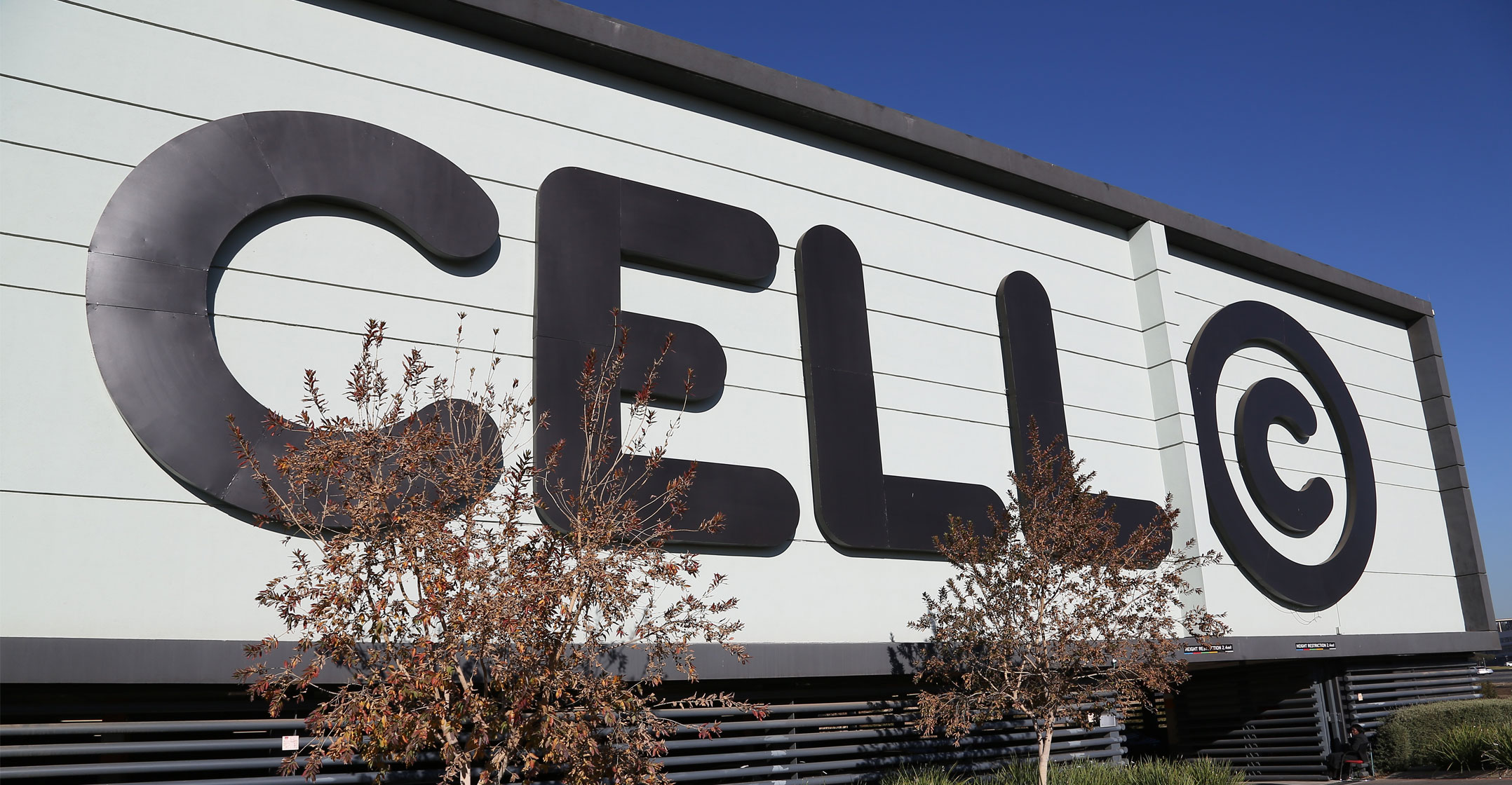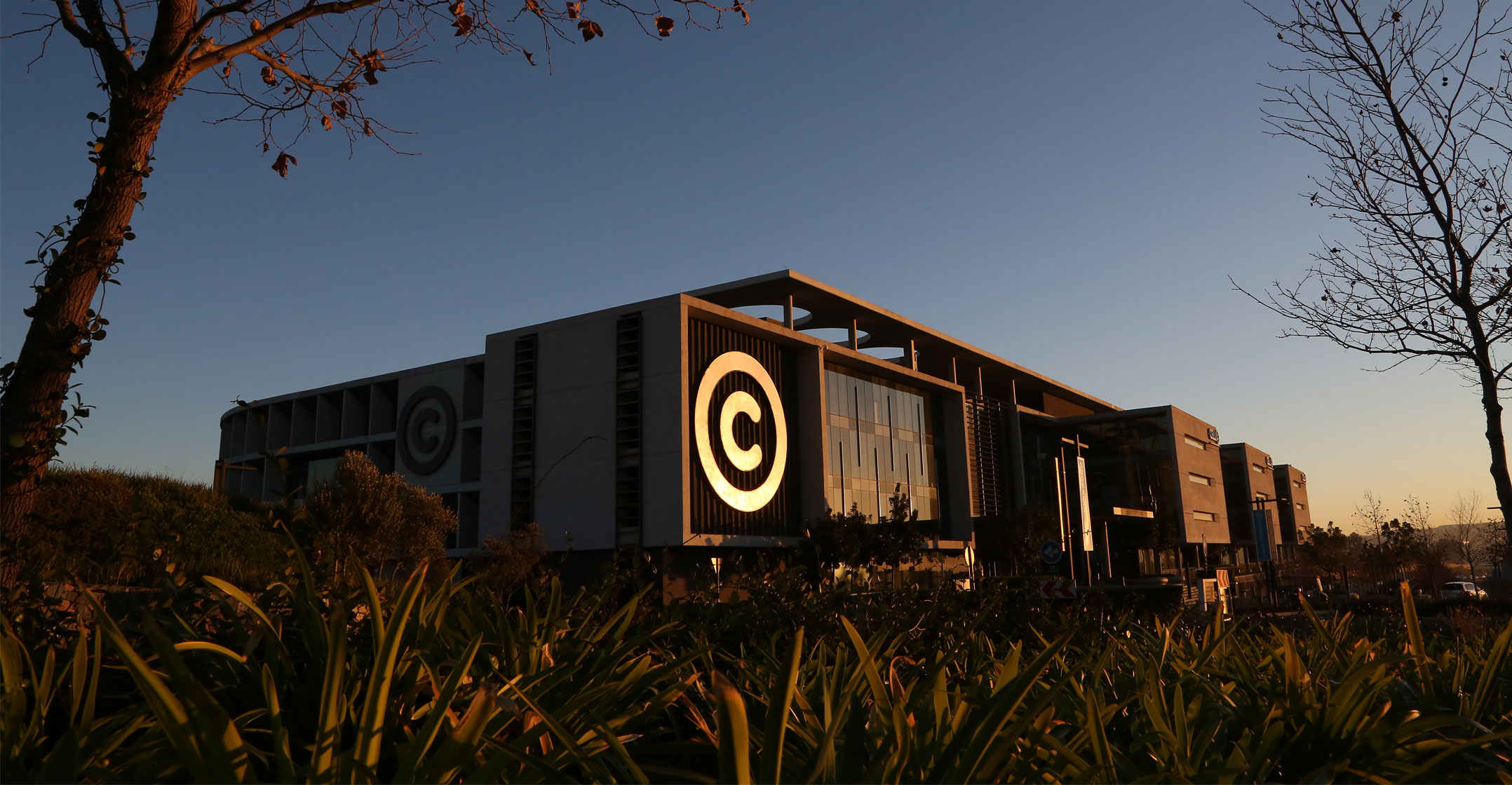
The recapitalisation of Cell C involving JSE-listed companies Blue Label Telecoms and Net1 UEPS Technologies is “not a done deal”, the mobile operator’s black economic empowerment partner said late on Wednesday, hours before Blue Label reports its annual results.
The restructuring is a “blatant attempt at corporate capture, and is likely to collapse under regulatory scrutiny”, CellSAf said in a strongly worded statement.
It said Cell C management and its new shareholders have presented the deal as completed, but it insists this is not the case. It said it is continuing to pursue legal action in the high court to stop the deal from proceeding.
“The proposed restructuring is non-compliant and faces a number of legal and regulatory hurdles,” CellSAf said.
“Faced with regulatory and public scrutiny, the true motives and beneficiaries of the proposed transaction will be revealed. These revelations, combined with a series of violations of Cell C’s licence conditions and several South African laws and regulations, will likely capsize the deal, leaving its backers to rehabilitate their reputations and CellSAf to pick up the pieces at Cell C.”
It alleged the recapitalisation does not comply with various provisions of the Companies Act, the Electronic Communications Act and the Competition Act.
“The sponsors of the transaction have not complied with the mandated regulatory processes relating to changes in control of a licence, and they are therefore in breach of the specific requirements, regulated by the Independent Communications Authority of South Africa,” CellSAf said.
“The sponsors have not complied with the requirements relating to a merger of this nature, and potentially face an investigation by the Competition Commission relating, inter alia, to the prior implementation of a large merger,” it added.
‘Requires approval’
“The transaction requires approval by the financial surveillance department of the South African Reserve Bank and Cell C is currently facing scrutiny by the South African Revenue Service, relating to VAT, ‘thin capitalisation’ and transfer pricing. This transaction will further impact the audit of Cell C’s affairs, under way since June 2017.”
CellSAf also alleged that the deal falls foul of the “broad imperatives and the anti-fronting prescriptions” of the Broad-Based Black Economic Empowerment Act.

“The deal was negotiated behind closed doors and appears motivated purely by the self-interest of the participants. The process illegally excluded CellSAf from decision making, involved multiple undeclared conflicts of interest and breaches of fiduciary obligations, and was approved by improperly constituted boards of directors, relying on irregular resolutions.”
It said, too, that there was “no imminent threat of liquidation of Cell C, nor were any attempts made to determine whether Cell C was in a distressed situation or to follow due process in identifying the best possible outcome” for the company.
“…The R7.5bn invested by Blue Label and Net 1 and the R2 500 invested by the four members of Cell C’s management do not reduce Cell C’s purported R23bn debt to R6bn. In fact, it is 3C Telecommunications, the original 100% shareholder of Cell C, which now includes CellSAf and Cell C staff (90% of whom are historically disadvantaged individuals), who are expected to inherit R9bn of Cell C’s debt via three new special purpose vehicles. The intention is clearly to saddle 3C, CellSAf and the Cell C staff with debt, while future returns are funnelled to new shareholders,” it said.
In response to the allegations, Blue Label Telecoms said it has “disclosed everything that is required” of it in its various statements issued via the JSE’s stock exchange news service and in circulars to shareholders.
Cell C has also been asked for comment. — © 2017 NewsCentral Media




